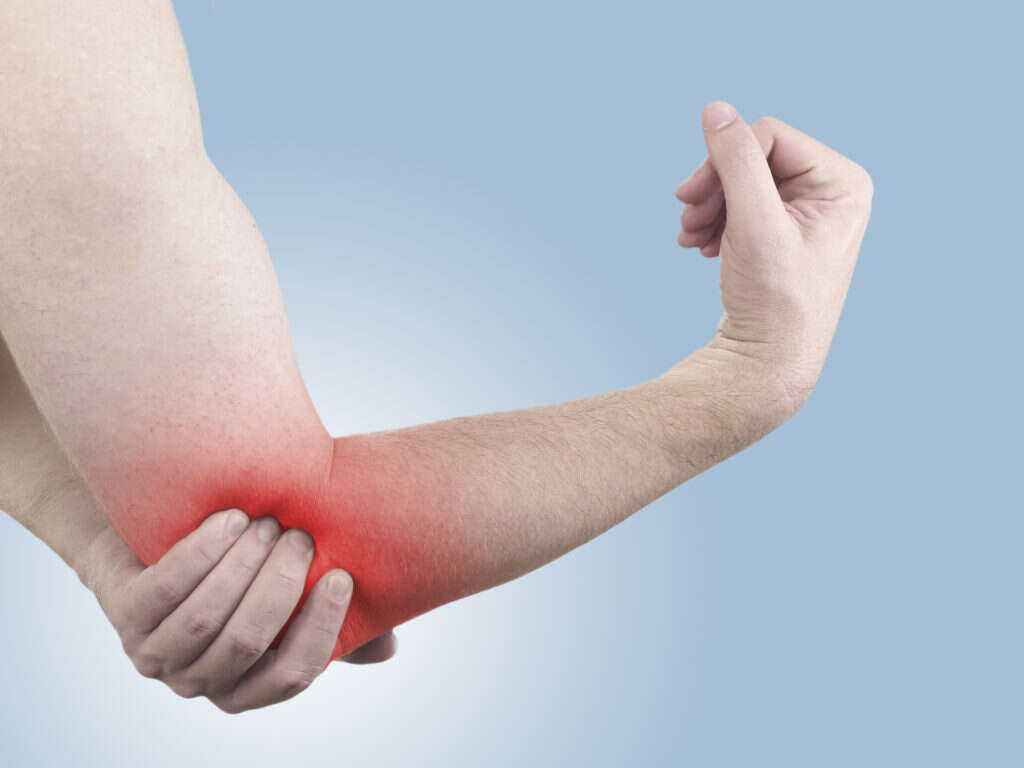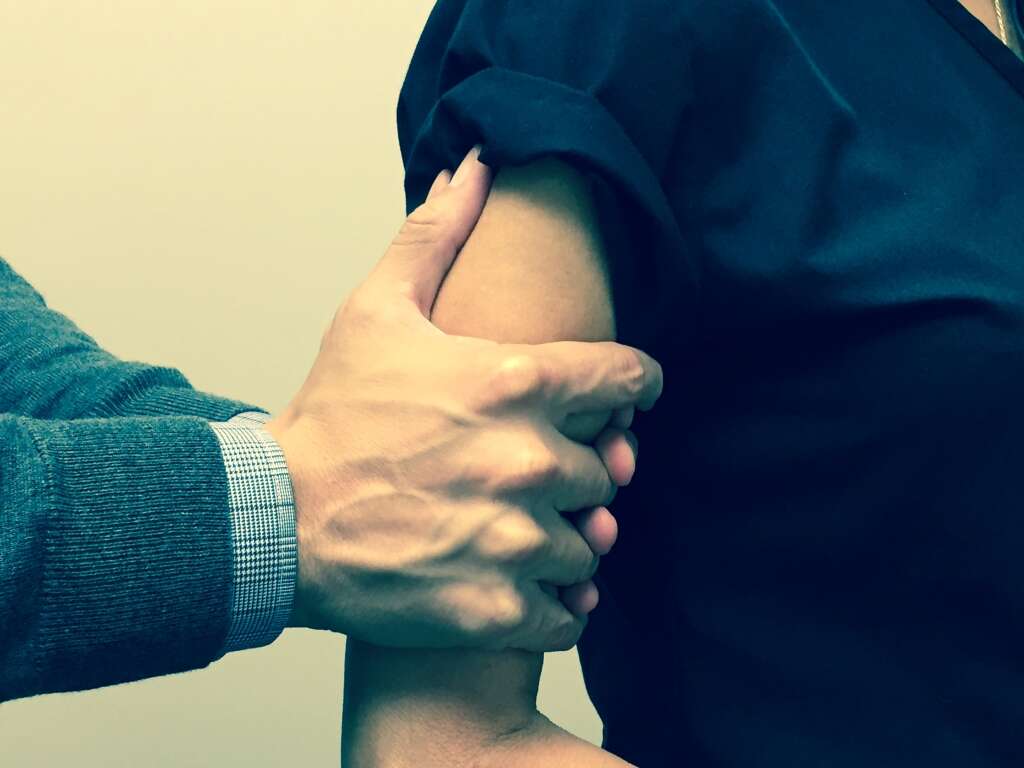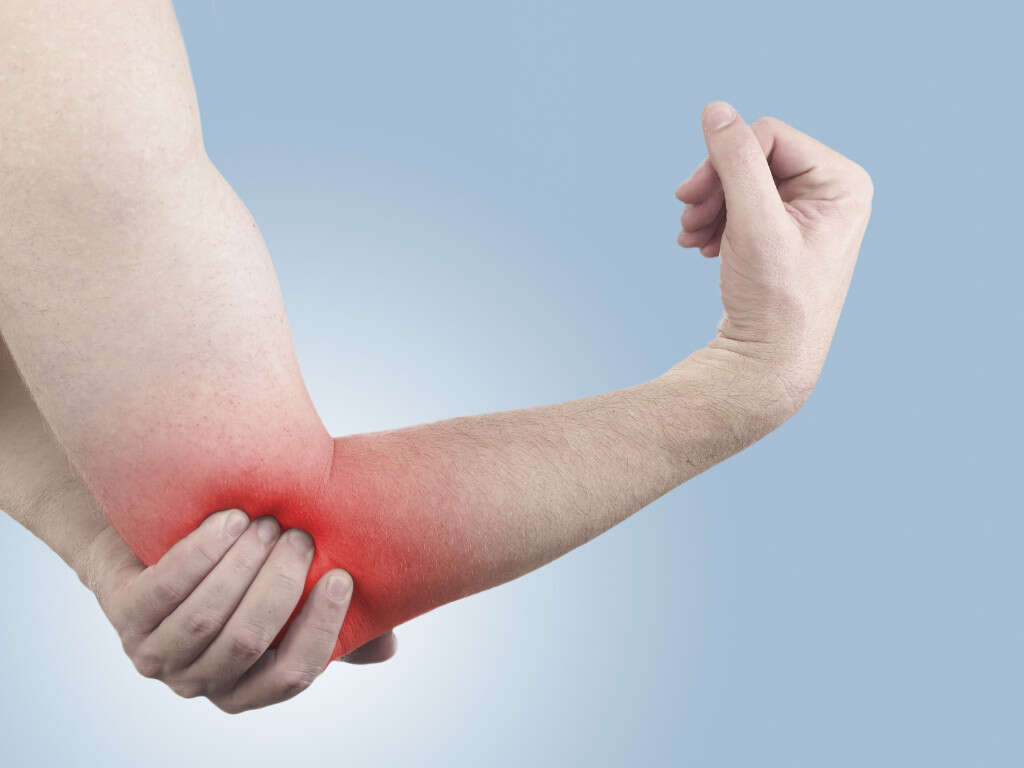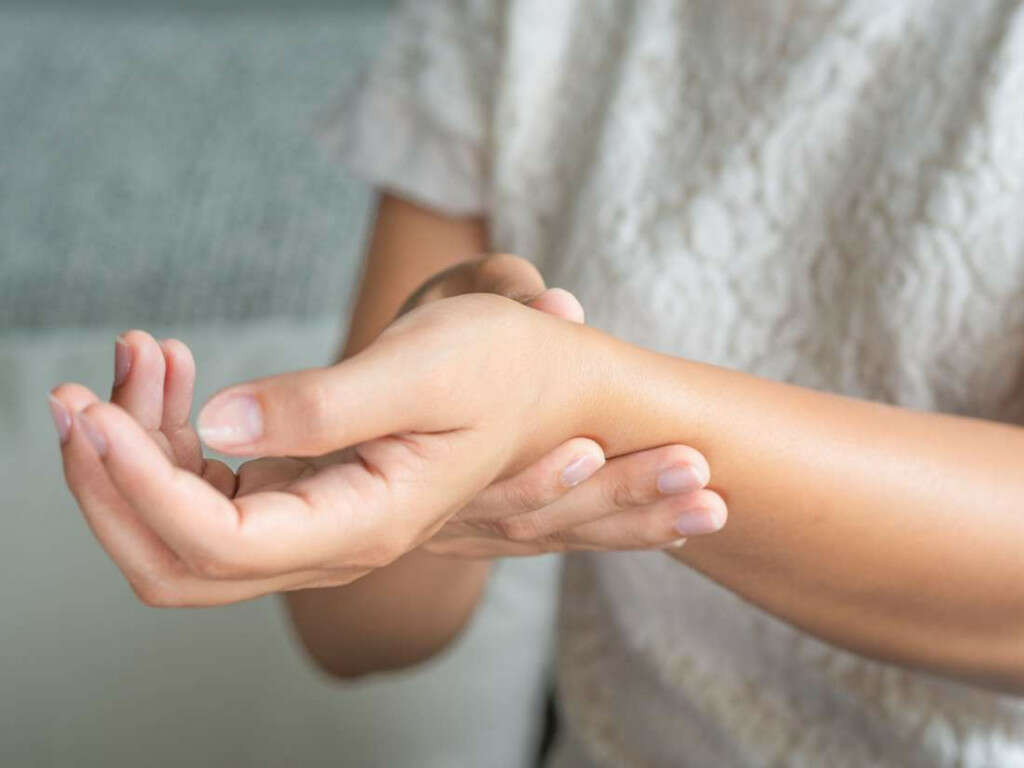10 Common Causes of Armpit Pain
 Article Sources
Article Sources
- 1. 'Antiperspirant and Deodorant Allergy: Diagnosis and Management.' Matthew Zirwas; Jessica Moennich. ncbi.nlm.nih.gov/pmc/articles/PMC3013594/
- 2. 'Anatomy, Shoulder and Upper Limb, Axilla.' Amber Gordon. ncbi.nlm.nih.gov/books/NBK547723/
- 3. ’Swollen Lymph Nodes: Medlineplus Medical Encyclopedia.’ medlineplus.gov/ency/article/003097.htm
- 4. 'Psoriasis: Overview.' ncbi.nlm.nih.gov/books/NBK279447/
- 5. 'Folliculitis.' Richard Winters. ncbi.nlm.nih.gov/books/NBK547754/
- 6. 'Management Of Tinea Corporis, Tinea Cruris, and Tinea Pedis: A Comprehensive Review.' Alok Sahoo; Rahul Mahajan. ncbi.nlm.nih.gov/pmc/articles/PMC4804599/
- 7. 'Intertrigo.' Timothy Nobles. ncbi.nlm.nih.gov/books/NBK531489/
- 8. '7 Warning Signs Of Breast Cancer.' stonybrookmedicine.edu/southbayobgyn/news-blog/breastcancerwarningsigns
Psoriasis
If axillary pain is accompanied by itching, a burning sensation and red flaky skin, it may be a sign of psoriasis.4‘Psoriasis: Overview.’ ncbi.nlm.nih.gov/books/NBK279447/ This autoimmune condition affects the skin, causing scaling and discomfort.
In the armpit area, sweat and rubbing from clothing may irritate the skin further. Mild psoriasis may be addressed by using emollients to moisturize the skin or over-the-counter remedies, such as hydrocortisone cream, calamine lotion or salicylic acid. A physician may prescribe medications for more severe cases of psoriasis.
Advertisement











